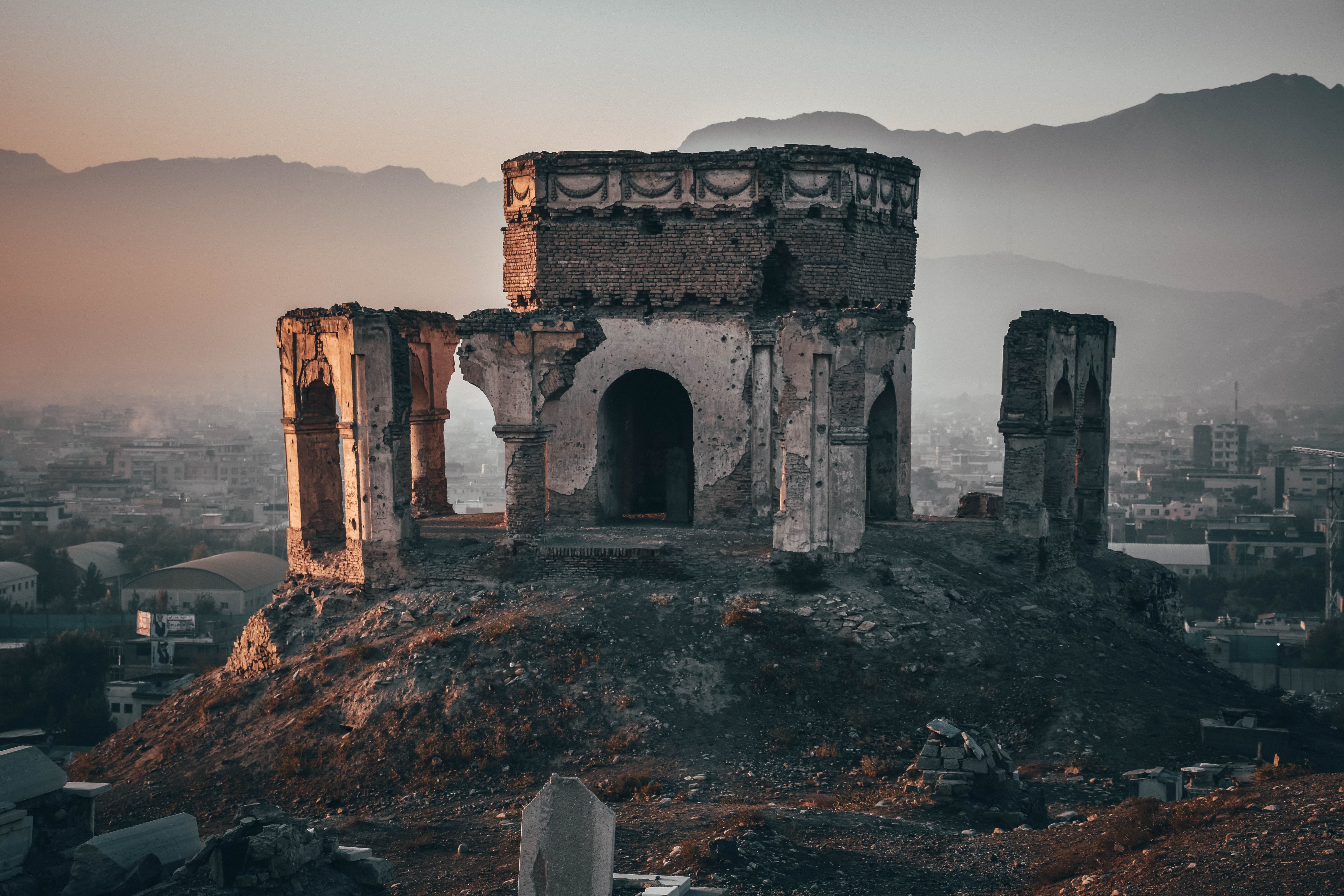After the US withdrew its forces, the Taliban was quick to take over Afghanistan and establish their new government. Their rule became a nightmare for Afghanis as they have been oppressed and abused by the new government. The Taliban has been neglecting civilian rights and freedoms including women’s rights and freedom of speech. The international risk from these prohibitions puts Afghanistan in a difficult position that does not fit international standards of human rights. Afghanistan’s current rules that ban women and girls from attending schools as well as pursuing careers has been a difficult journey for many females across the country. The Taliban’s new government is trying to replicate Islamic customs that date back to medieval centuries. Taliban does not represent the majority views of most Muslims but this has not stopped the Taliban from reforming the government and society into their own ideology and interpretation of Islam and the Islamic Sharia Law. Islam does not ban education, nor does it segregate between man and women when it comes to basic human rights. The exclusive system that the Taliban have created is systematically segregating women from all activities throughout Afghanistan and is putting women at increased risk.

Misogynistic Approach
Women have struggled and still struggle with gender inequality across the world. The Taliban are not the sole perpetrators of misogynistic acts in Afghanistan. Patriarchy and men’s supposed superiority to women is what drives the Taliban to eradicate women’s freedoms and limit women’s realization of rights. The ideology that the Taliban carry with them, and their explanation of these restrictions is difficult for many western analysts and human rights advocates to understand. These attitudes mainly maintain strict control over women’s daily routines specifically that are in public spaces. These are the same restrictions that women have struggled with in the medieval centuries which puts women’s basic rights at a great risk for the long-term. In the past year Afghanistan saw huge amounts of gender disparity and most of the work done by international non-government organisations to develop gender inequality has disappeared from night to day. The US who claims to be pro human rights has actively participated in annihilating women’s rights when they consciously decided to allow the Taliban to take over.

The Origins of the Taliban:
Afghanistan during the US presence has seen great corruption as Pashtana has mentioned in her interview in The International Risk Podcast. Therefore, when the United States removed its troops, they had created a governmental gap that was quickly filled by the extremist groups. Not only did the US leave space for the Taliban to take control but they also initiated their existence. The Taliban was first seen as a tool to fight the Soviet Union’s presence in the region. The US alongside the Saudis have fully funded the Wahhabi Ideology in both Pakistan and Afghanistan to fight off the presence of the USSR. The Wahhabi Schools were produced during the 18th century by Muhammad Ibn Abdel Wahhab and it grew to be more popular after the Iranian Revolution, known as the Islamic Revolution. Therefore, in fear of Shiaa majoritarian control and the security dilemma that KSA was going through, they started expanding this Wahhabism into Afghanistan and Pakistan to grow their influence. Nevertheless, the Taliban does not only carry the Wahhabi ideology but also the Deobandi Islam. These teachings and school of thought have been created in India to fight of the British colonialism. The Taliban has taken this rhetoric and applied it into their own ideology as a mechanism to fight off alien presence the Soviet Bloc and recently the United States. However, the Taliban also does not represent Deobandi Islamists nor in their thought or religion. Although, KSA practiced these strict Wahhabi concepts and had similar opinions on women, Saudi Arabia has left these customs and has helped women evolve and contributed to women empowerment.
Importance of Women’s Education
Discussing such matters in today’s century feels as if we have gone back in time and destroy all of the work that women across the world have built during these past centuries. Women’s rights are human rights, and they are inherent, therefore no one shall revoke them. The Taliban nor any other entity can ban women from education and participation. Gender norms and gender roles have shifted through time and women became more independent and more in control of their choices in life. Not having girls in schools will have severe impacts on their lives and the world would enter in an international risk that will not be easily revoked.
Nevertheless, young girls still make up a large percentage of the out of school children. Having women who did not receive an education will increase gender-based violence and rates of young girl who are married below the age of 18. In addition, this will further despair gender gaps and enrich inequality. The economic crisis in Afghanistan cannot handle one income and breadwinner per household due to women no longer contributing to the country’s GDP. The country is at risk when women are at risk and the Taliban is further escalating the country in deeper crisis. Afghanistan is facing a huge gap of job opportunities in which women used to fill such as teachers and nurses. These positions were mainly occupied by women and a now Afghanistan is at risk with fewer teachers and nurses, who are crucial not only for development but also for survival. In additional the humanitarian relief operations who are present in Afghanistan will also suffer from the same gap in their local staff further implicating their assistance. These aid programs might have to suspend their work which will lead to unemployment, poor health care and other dilemmas that put afghan citizens at risk.
Changing the Status-quo
In Taliban’s case for them restricting women is the norm, but for the international community it is not. Therefore, women’s freedoms are counting on the sanctions and pressures that the international community will put. The US might not be the biggest influence on the Taliban as they are their number one enemy, but Biden must not stop funding International Organizations that have been helping ease the ban effects in Afghanistan. Nevertheless, there are many local NGOs or local initiatives that must be supported such as Pashtana’s initiative. LEARN Afghanistan has provided so many opportunities for young girls to pursue their education and help them receive some of their fundamental rights. The country has seen minor positive change, recently the Taliban released a press statement that said that women are allowed to work but they must be dressed in the Islamic attire from head to toe. This statement revokes some of the prohibitions they have previously forced Afghan women such as working in public spaces. Minor changes might lead to bigger changes over time and women can enjoy their freedoms and rights without being prosecuted.